As the inter-ethnic war between the Restoration Council of Shan State (RCSS) and Ta’ang National Liberation Army (TNLA) again reignited during the last few days in Kyaukme Township pushing some 300 local people to flee their homes, the question arises on how this on and off armed conflict starting since 2015, should be tackled.
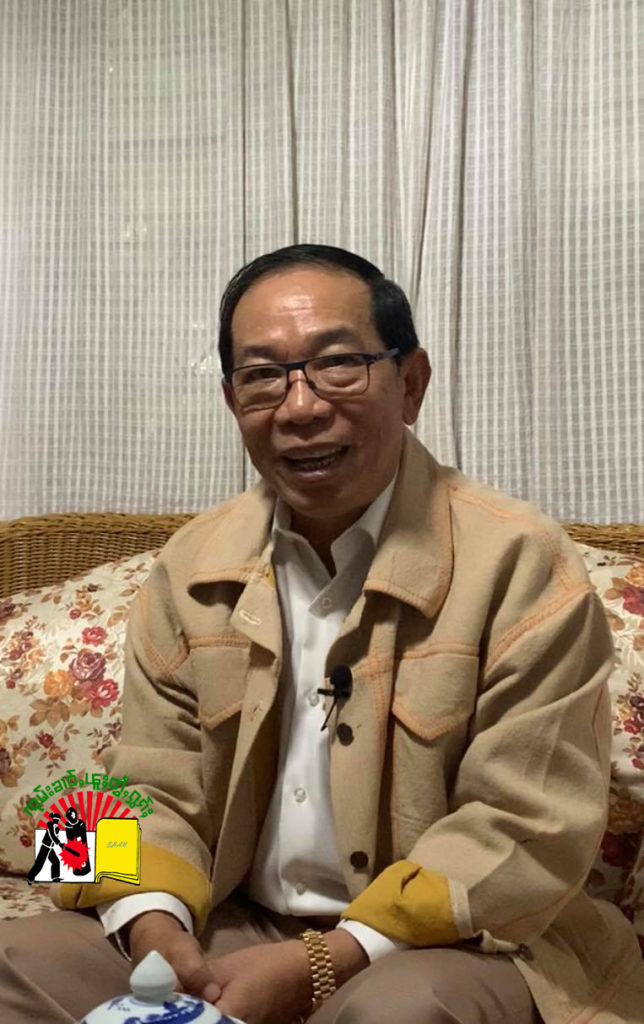
Regarding this issue, an interview conducted by Taifreedom on December 27 with RCSS leader General Sao Yawd Serk might be able to shed some lights from his point of view.
He said TNLA should stay in its Palaung Self-Administered Zone as allotted by the government and which the RCSS also thought to be appropriate. If this is followed there won’t be no armed conflict problems.
The armed clashes happened because the TNLA attacked RCSS positions and as self defense, it is bound to counter the attacked. Furthermore, it has to comply to the local people’s demand to protect them, as the TNLA has been riding roughshod on the people, such as extortion and various human rights violations, including extra-judicial killings.
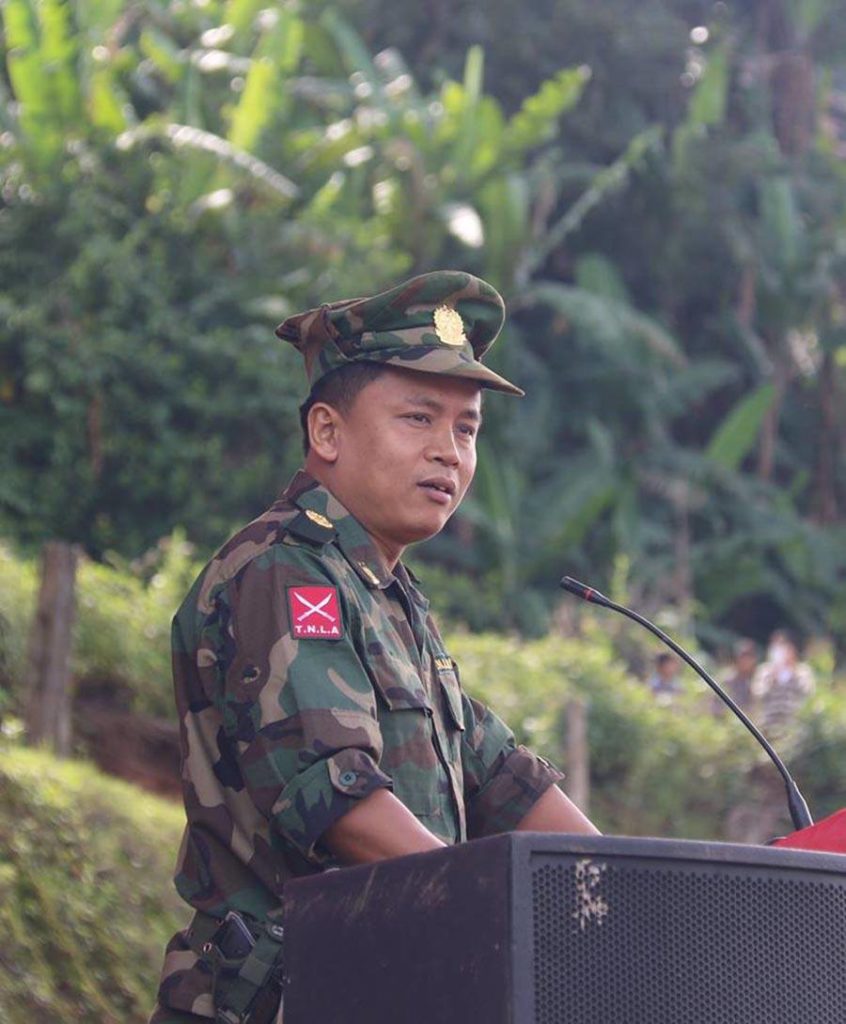
But nevertheless, the RCSS is open to political dialogue and peaceful negotiation and will welcome it with open arms, he said. He emphasized that the era of armed conflict should be left behind and that resolving political conflict through political means should be the way to achieve settlement.
He said the RCSS has been at war with the government for decades and even it cannot wipe out the organization. So how can the ethnic armed organizations like RCSS and TNLA eradicate each other when both know how much strength and capability they have at their disposal. In short, it is impossible to wipe each other out.
Thus, peaceful co-existence is the way to go and all ethnic armed organizations (EAOs) within Shan State should talk to each other to cement unity, he said.
In this short video podcast, Sao Yawd Serk said Committee for Shan State Unity (CSSU) Charter, approved in October 2019, has the policy to build unity not only among the Shan/Tai group but for all the ethnic groups residing within the Shan State; and that the RCSS as its member is also keen to materialize it.
The CSSU Charter’s “Aims and Objectives” are: unity and development of all Shan nationals; implementation of equal development and peaceful co-existence with all ethnic (Taingyinthar) groups within the Shan State; to take a leading role in establishing a durable internal peace that leads to federal democratic union; to cooperate hand-in-hand with all organizations within Shan State in realizing internal peace; and to aim for the formulation of policies acceptable to all in politics, economy, social, security, natural resources and other categories.
As of October 2019, the CSSU members are: Shan State Joint Action Committee (SSJAC); Shan nationalities Democratic Party (SNDP); Restoration Council of Shan State (RCSS); Tai Youth Organization (TYO); Tai National Community of Thailand (TNCT); Tai Youth Network (TYN); Eastern Shan State Development Democratic Party (ESSDDP); Shan Lawyer’s Network (SLN); and New Generation Shan State (NGSS).





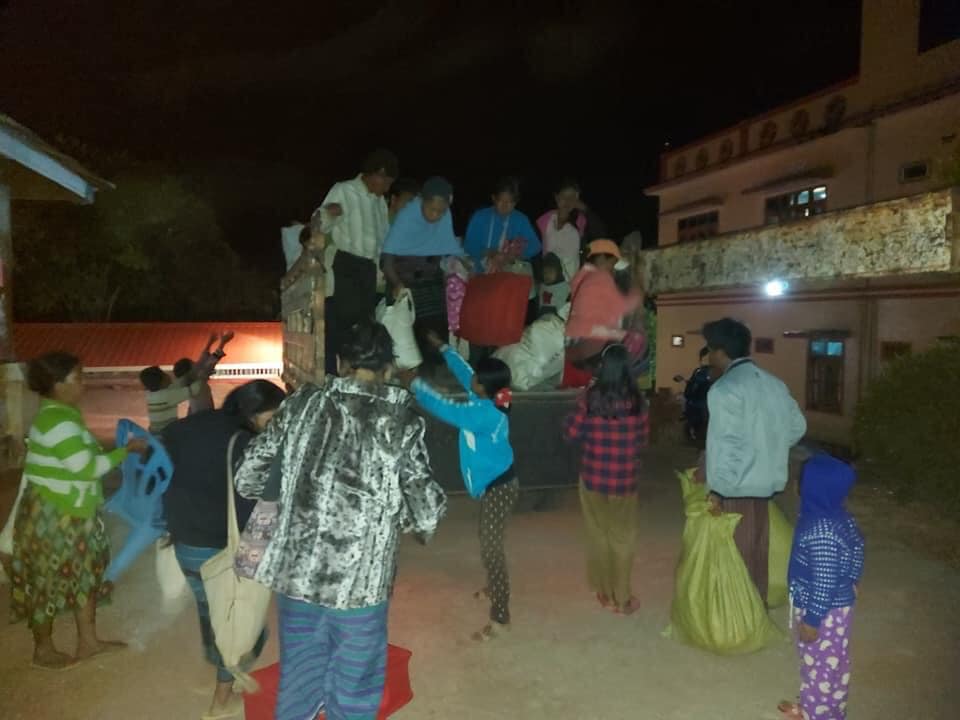
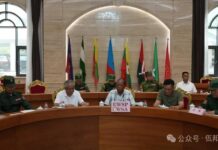
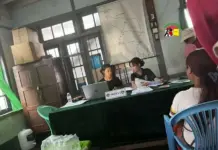


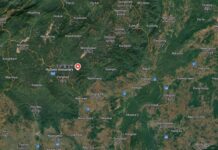




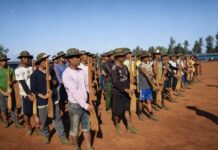

Leave a Comments